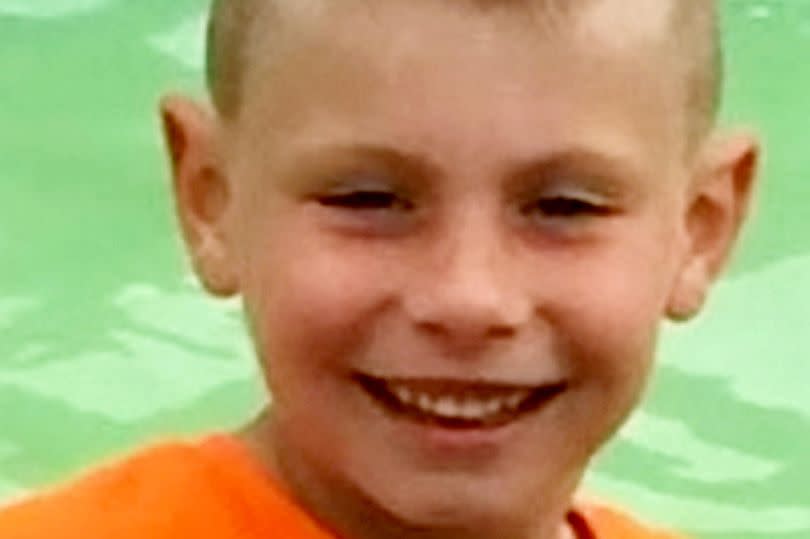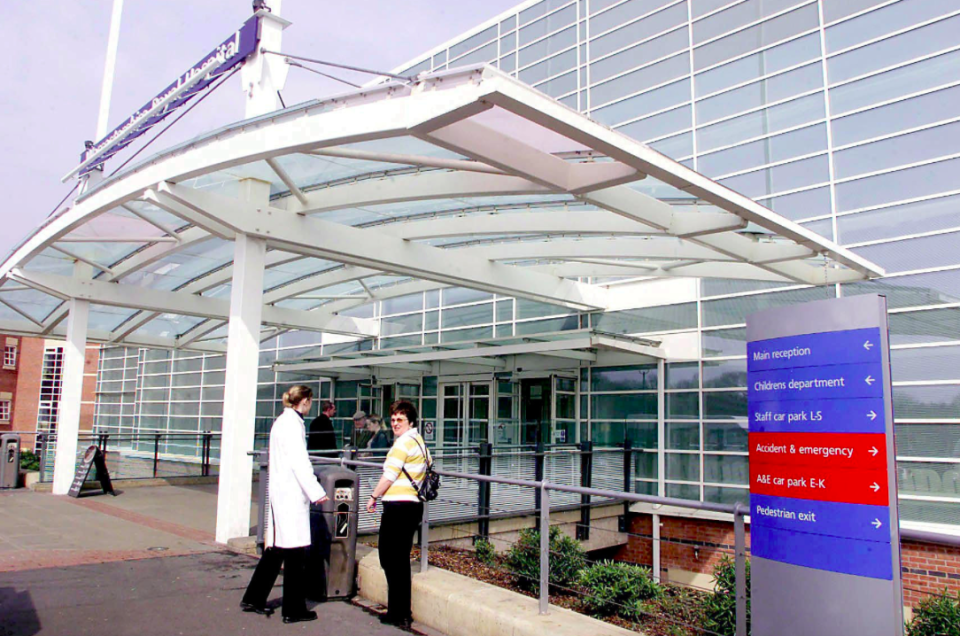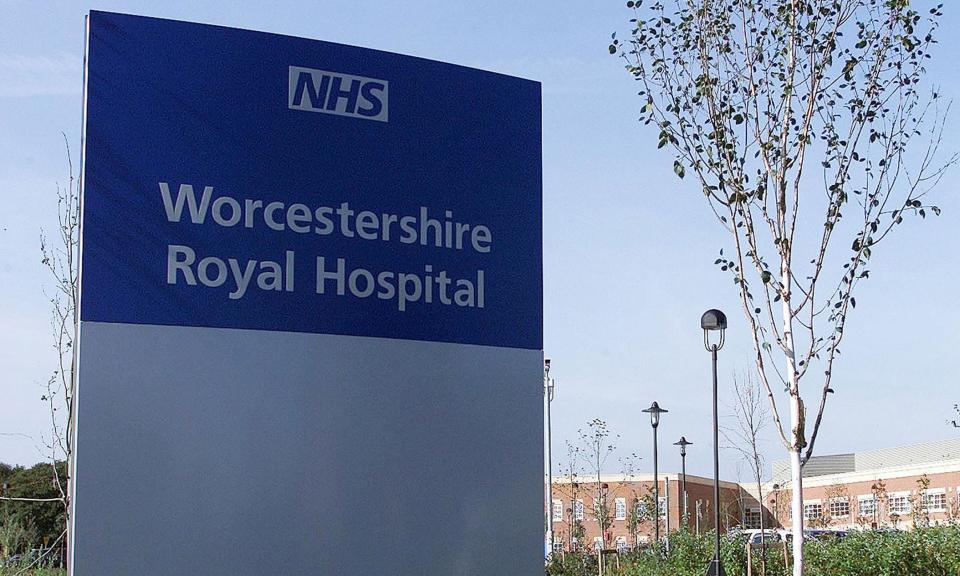Schoolboy who died after misdiagnosis was driven 20 minutes to hospital because A&E three minutes away was not 'properly equipped' to deal with him

Paramedics trying to save the life of a critically-ill boy asked if he could be taken to a hospital three minutes away but were told it was not properly equipped, an inquest has heard.
Callum Cartlidge had suffered a cardiac arrest less than 24 hours after initially being discharged from hospital but rather than taking him to an A&E department three minutes away, paramedics had to transport him more than 20 minutes to another hospital.
The eight-year-old, who was having an undiagnosed adrenal Addisonian crisis linked to the rare condition Addison’s Disease, was sent home from Worcestershire Royal Hospital with Dioralyte rehydration salts.
Callum collapsed at his home in Redditch at about 3.30pm. A neighbour performed CPR while his parents dialled 999.
But Worcestershire Coroner’s Court heard that when paramedics asked if the youngster could be treated at Redditch’s Alexandra Hospital just three minutes away, they were told no.

Assistant coroner David Reid heard that the Worcestershire Acute Hospitals NHS Trust had decided in September 2016 to focus all paediatric care for seriously ill under-16s at its main Worcester site.
Despite the move, the inquest heard that the ambulance service’s emergency operations staff still rang Alexandra’s A&E to double-check whether they could take Callum there as he was in cardiac arrest.
MOST POPULAR TODAY ON YAHOO
‘Baby-faced’ 16-year-old jailed after stabbing a man in the heart in broad daylight
Elderly woman, 95, likely to die from brain haemorrhage after being splashed by passing cars
The longest direct flight in the world is about to launch from Singapore to New York
Abandoned newborn baby Pearl found dead in woodland was ‘covered in animal bites’
Watch amazing video of surfer breaking the record for riding the world’s biggest wave
Reading from the service’s official post-incident report by James Wiles, Mr Reid said: “It was confirmed by the hospital they are not equipped to deal with a patient and they should be transferred to Worcestershire Royal Hospital.”
Instead, he was taken to Worcester – 23 minutes away – and was confirmed dead, despite the efforts of A&E staff, at 4.35pm.

Earlier this inquest heard that a registrar discharged Callum after diagnosing gastroenteritis.
She said there was “a high chance” his illness would have been picked up if a blood test had been done, but there was “no clinical indication” it was required.”
Registrar Dr Ann Radcliffe said there was “a high chance” his illness would have been picked up if a blood test had been done, but there was “no clinical indication” it was required.
However a trainee junior doctor told the hearing that she had earlier written “consider bloods” on the boy’s medical notes following his admission yet no such blood test was done.
Dr Radcliffe said: “I accept in hindsight we know the diagnosis now, and had there been any indication of that then, yes, I would have done blood tests.
She added: “Sadly, we know that had they (the tests) been done, there’s a high chance we’d have picked up that he had an adrenal insufficiency.
“But the reality is, there was no indication clinically that that is what it was.”
The inquest also heard how an experienced ward sister failed to properly complete Callum’s fluid balance chart – which are required under hospital policy for acutely ill children.
Sister Natalya Moore told the coroner “time constraints” meant she was unable to fill out the chart.
Callum was brought to hospital by ambulance from his GP surgery on March 2, having suffered three days of vomiting and weeks of general ill health.
Days earlier, a GP nurse diagnosed a suspected bout of tonsillitis on February 28, and he was sent home with antibiotics.
However, the GP called an ambulance to take the youngster, from Redditch, Worcestershire, to hospital when he returned to surgery with worsening symptoms on March 2.

 Yahoo News
Yahoo News 
